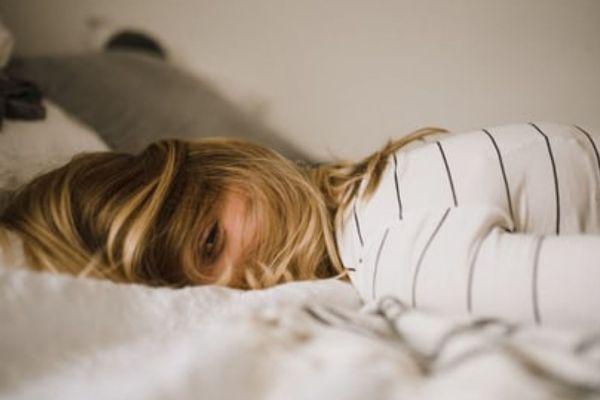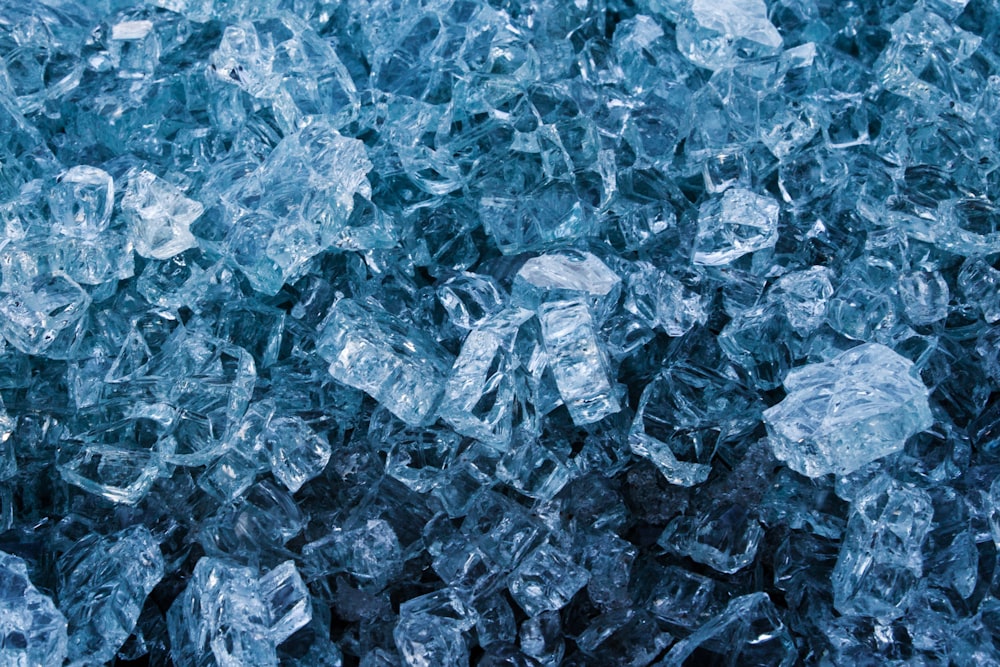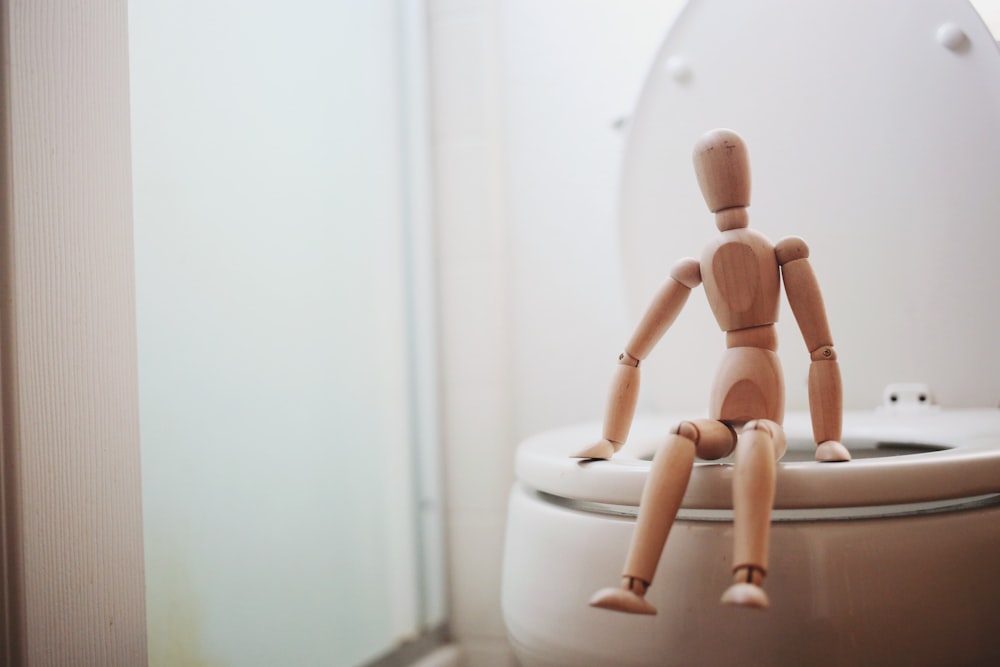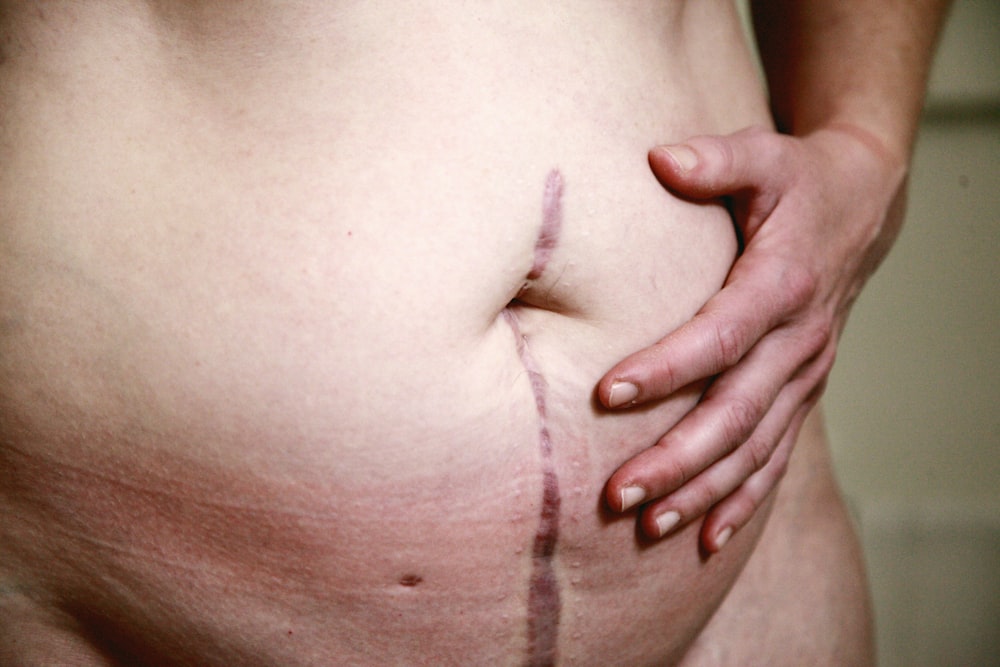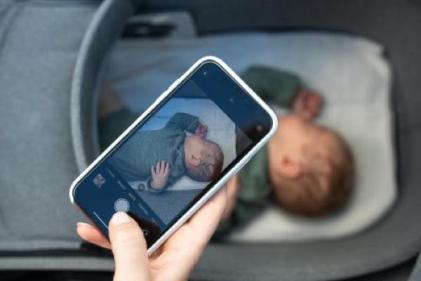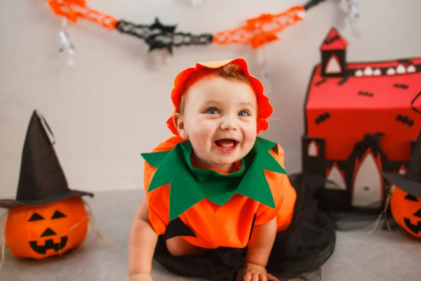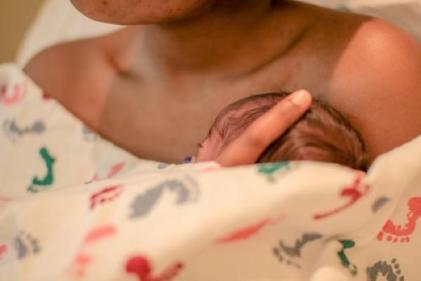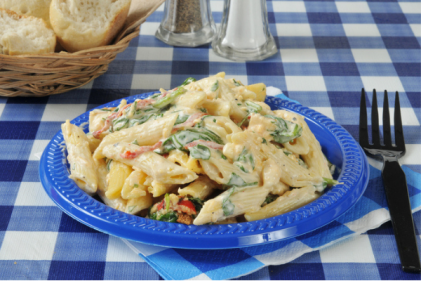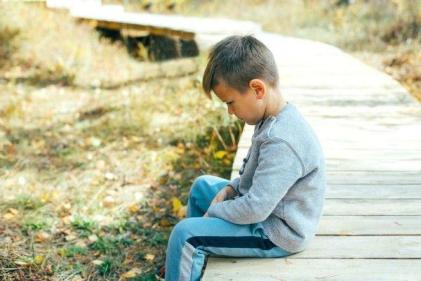Afterbirth care is an essential part of the birth journeys that is often overlooked and under researched. The body has been through an amazing but traumatic event - literally pushing another human out of your incredible body! It's a huge shock to the system and as your body had to change and grow to prepare for baby, it now has to change and adjust to life with baby outside of you.
Below we've listed some fo the essential mom hacks for surviving the six weeks post-partum where yor body bleeds, experiences swelling, pain and inflammation - and tell you how to deal with all of it so you can get back to feeling like yourself!
Ice pack
After birth, the vaginal area can swell and be in pain, no matter how much trauma it went through during the birth. One thing all mums agree on however, is that an ice pack is an absolutely essential part of your post-partum recovery pack. Having an ice pack to hand takes down the swelling and is a great way to tackle pain non-invasively. There are a few different types you can use, like the disposable ones that hospital will likely give you, the reusable ones which you can buy yourself or the Witch Hazel pads which are available in pharmacies.
The disposable ones are generally a little large and aren’t the easiest to use, as many say they don’t stay cold for long, nor are they absorbent. However, many women liked the reusable perineal option as it maintains its cool temperature for far longer, meaning the swelling and pain really get a chance to go down. The witch hazel pads are great if you’ve had an episiotomy tear as they’re full of anti-inflammatories, great for bringing down swelling!
Stool softener
As weird as it sounds now, any mum will tell you that stool softener is an absolute essential after giving birth! Especially for mums who are on iron supplements due to significant postpartum blood loss. But by using a stool softener, it takes the fear out of going for that first number two after birth when you’re already feeling very fragile in that area. Take the softener, drink lots of water and you’ll be fine,
Mums recommend that you don’t put off going to the bathroom as it will only get worse the longer you leave it. It’s important to stay hydrated, eat well and take your time and everything should be fine. Stool softener is also particularly important if you developed haemorrhoids during your late pregnancy or delivery. Any tears of incisions down there mean you should try keep pushing to a minimum for now.
Pain relief spray
Whatever kind of birth you had, discomfort, soreness and swelling are going to be part of your recovery journey. Vaginal tears, episiotomy, haemorrhoids – they are all consequences of the amazing and sometimes brutal experience of birth.
And this isn’t the time to be a hero. If you’re worried about taking pain killers, there are other topical alternatives to handle the pain like perineum sprays that will numb your vaginal areas before during or after using the bathroom. A stinging or raw sensation when using the bathroom after birth is not uncommon, especially if you have some sort of tearing, which will burn when in contact with uric acid. Post-partum perineum spray will encourage healing by reducing swelling and soreness as they’re often filled with witch hazel which has a natural astringent that helps tame down burning and itching sensation as well as anti-septic properties that help prevent infection. You could also go for an aloe vera based spray as it’s a great moisturiser with anti-bacterial and cooling properties to help with swelling.
Heating pad

Giving birth – although a wonderful experience – can also be an incredibly traumatic experience for the entire body. It’s a shock to the system and a huge event for you emotionally and physically. Therefore it’s unsurprising you would feel pain not only at the site of the event, but all over your body afterwards from the shock and trauma.
Although we want cooling properties on our vaginal area, the rest of our body may need the comfort of heat. Aches and pains all over the body are often reported after giving birth, from knees to toes to eyelids. Muscle soreness and full body pain after pushing is very common along with uterine cramping as your body readjusts to life without baby living inside you.
Heating pads can be great to have on hand for all the aches and pains you experience, from engorging breasts to shrinking stomachs. It can also help with the aches left after sleeping strangely as your body adjusts to new positions after baby has left your body.
Sanitary pads
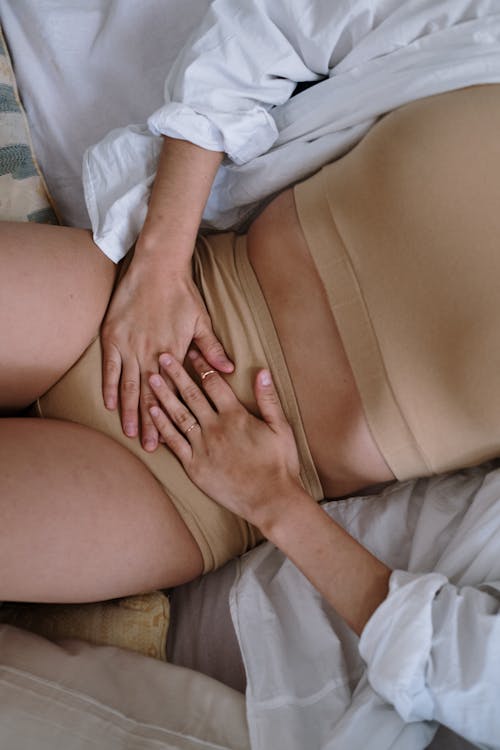
What few people tell pregnant women is that even after they give birth, it may take a while for the bleeding and trauma to stop after baby has arrived. For up to six weeks after birth women can count on relatively heavy bleeding and need to have absorbent and thick sanitary pads to hand for that time.
Bleeding and spotting are fairly standard as your uterus adjusts and heals. The bleeding largely happens because of the placenta detaching after birth, which leaves a wound that is the source of the bleeding. The uterus is tender and needs time to return to normal, so that may mean cramps and soreness for the first whole – hence the heating pads.
This is all perfectly normal and is in fact, your body’s way of protecting you from hemorrhaging by contracting the wound. It’s advised you change your pads at least 2-3 times a day to prevent infection. Don’t use tampons, menstrual cups, or take baths, as this is not like a period and keeping things out of the vagina is essential for healing and preventing infection.

